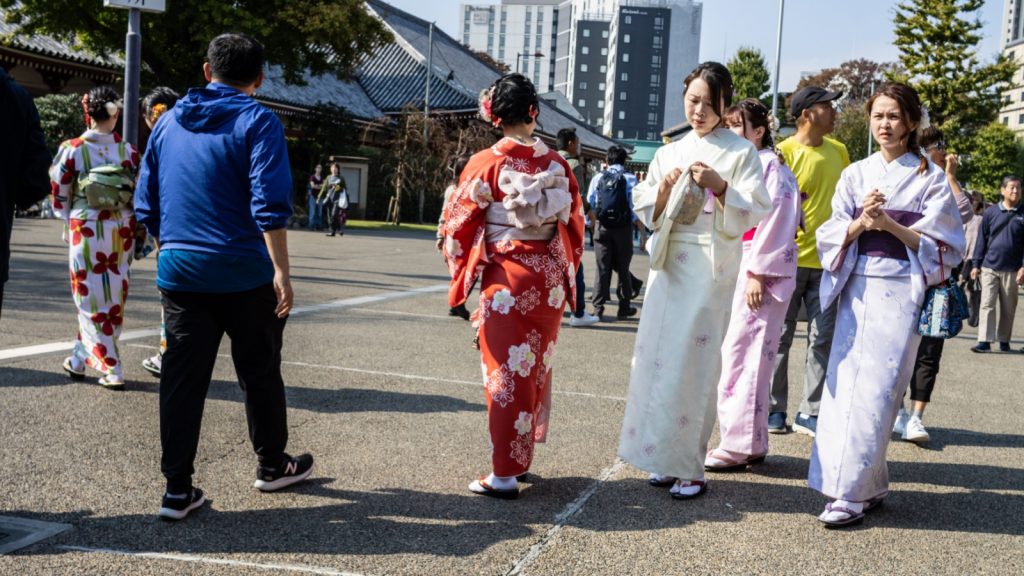Being a secret agent seems so incredibly awesome when you’re a kid. But the reality is very different. It’s a life fraught with danger, where every move could mean the difference between success and failure. To stay ahead and remain undetected, they must adhere to strict codes of conduct and avoid certain habits and everyday activities that could compromise their missions and their safety.
1. Overusing Social Media

Sharing too much personal information or posting frequently can make a secret agent easy to track. Maintaining a low profile online is crucial.
2. Using Predictable Patterns

Following a routine can make an agent’s movements predictable. Varying daily activities helps avoid detection and keeps enemies guessing.
3. Neglecting Situational Awareness

Failing to stay alert to surroundings can lead to ambushes or missed opportunities for intelligence gathering. Constant vigilance is key.
4. Trusting Too Easily

Forming close bonds without thorough vetting can lead to betrayal. Secret agents must always be cautious about whom they trust.
5. Ignoring Physical Fitness

Staying in peak physical condition is essential for handling the demands of the job. Regular exercise and a healthy diet are non-negotiable.
6. Forgetting to Cover Their Tracks

Leaving behind evidence, such as fingerprints or digital traces, can compromise an agent’s identity. Clean operations are critical.
7. Using Unsecured Communication Channels

Communicating over unencrypted or easily monitored channels can expose sensitive information. Secure methods are a must.
8. Letting Emotions Rule

Allowing emotions to cloud judgment can lead to mistakes. Secret agents must remain calm and collected under pressure.
9. Failing to Blend In

Standing out in a crowd can draw unwanted attention. Mastering the art of blending in is essential for covert operations.
10. Disregarding Backup Plans

Relying on a single plan can be risky. Having multiple contingency plans ensures preparedness for any situation.
11. Skipping Intelligence Updates

Staying current with the latest information and developments is crucial. Ignoring updates can lead to outdated and dangerous assumptions.
12. Neglecting Cover Stories

A poorly crafted cover story can easily be exposed. Agents must ensure their aliases and backgrounds are airtight.
13. Underestimating Opponents

Assuming adversaries are less skilled or prepared can be a fatal mistake. Agents must always respect their opponents’ capabilities.
14. Relying on Gadgets Alone

While gadgets are helpful, overreliance can be detrimental. Agents must also trust their instincts and skills.
15. Forgetting Operational Security

Discussing missions or sensitive information in unsecured environments can lead to leaks. Maintaining operational security is paramount.
16. Ignoring Local Customs

Disregarding local customs and traditions can attract attention and create hostility. Understanding and respecting cultural norms is crucial.
17. Overindulging in Alcohol

Excessive drinking can impair judgment and physical abilities. Agents must maintain control over their consumption.
18. Using Real Names

Using real names instead of aliases can compromise an agent’s cover. Consistent use of pseudonyms is essential.
19. Failing to Monitor Health

Ignoring signs of illness or injury can lead to serious consequences. Regular health check-ups and self-care are vital.
20. Being Overconfident

Overconfidence can lead to risky decisions and mistakes. Agents must balance confidence with caution.
21. Neglecting Mental Health

High-stress environments can take a toll on mental health. Seeking support and managing stress is crucial for long-term effectiveness.
22. Ignoring Technology Trends

Staying updated with the latest technological advancements is necessary to outsmart adversaries. Ignoring new tech can lead to vulnerabilities.
By avoiding these common habits, secret agents can maintain their edge and ensure their missions are successful. Every detail matters in the world of espionage, and staying vigilant can make all the difference.
Ellen has been obsessed with logic puzzles, jigsaws, and cryptograms since she was a kid. After learning she was taught how to play chess wrong by a family friend (so they could win), she joined her school chess club and the rest is history.


